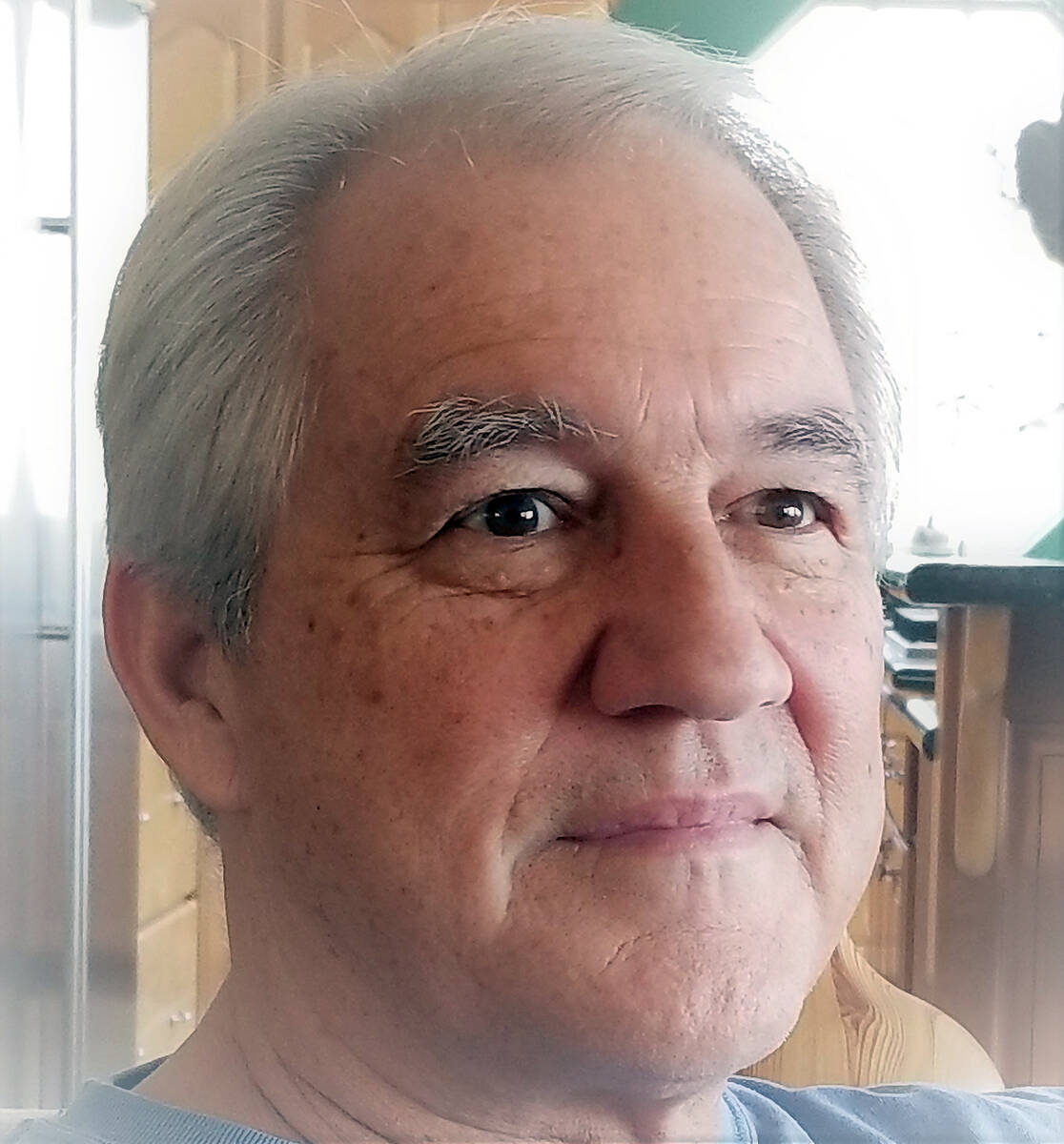Luxury purchases support many workers
It appears that much higher taxes are on the horizon for corporations and wealthy individuals. “Tax the rich” is often proclaimed and, most recently, painted on a congresswoman’s dress.
A Hollywood icon and screen legend passed away recently, which prompted me to think about how the rich dispose of their money. When Kirk Douglas died, his estate was valued at more than $60 million and, rather than pass it on to surviving family members, he donated it to various charities.
Amazon founder Jeff Bezo’s ex-wife, MacKensie Scott, is currently giving away her fortune at a rate of $1 billion a month. It never ceases to amaze me how many individuals vilify the wealthy people in our country. “There are too many billionaires” they often exclaim.
These critics have a hard time understanding people who belong to the two or three “comma clubs” typically spend their wealth, with most or all of it going back into society. They spend their money on homes, cars, boats, airplanes, travel and everything in between, not to mention many charities, and when the end is near they usually end up giving their remaining fortune away.
Having been in the large luxury yacht business for many years, I saw first-hand how the very wealthy redistributed their hard-earned money. When a $20 million yacht is commissioned, a build that takes two to three years on average, it requires the employment of many skilled craftsman. All of the materials, systems and numerous components needed to create this vessel represent a significant number of individuals and vendor businesses who manufacture, distribute, deliver and install these items.
When the project is completed, it will require a Coast Guard-licensed captain and a deckhand to operate the ship minimally, not to mention the possibility of an entire crew including a cook/chef, deckhand, cleaning staff and maintenance personnel to maintain the various systems onboard. All of these people are dependent on this particular owner for their livelihood.
I was fortunate to be involved recently in purchasing a new private jet by one of my clients. This 10-seat, $10 million aircraft was built at the Cessna Citation facility in Wichita, Kansas. It was amazing to see it come together as we toured the factory and watched the different stages of assembly. It quickly reminded me of the similarities of the boat-building business.
All of the systems going into this new airplane, such as avionics, hydraulics, powerplant, interior, etc., are necessary components provided by multiple vendors, all of which are employed because an individual decided to purchase an aircraft. This airplane will need routine inspections and maintenance, both requiring trained personal to accomplish. The craft will also require pilots, who must flight train each year and demonstrate their ability to command such a machine safely.
Both of these scenarios reveal the true meaning of capitalism and the correct and meaningful way of redistributing wealth.
Another unwarranted observation is that not everyone is invested in the stock market or has a 401(k); therefore, only the “rich” or the top 1 percent participate in the rewards of a booming market.
While that may be true in the immediate sense, it is essential to understand that when the market produces wealth for individuals who have invested and risked their capital in the stock market, they spend their earnings in the marketplace with everyone winning. Conversely, when the market tanks and loses value, you can bet that those not invested are indirectly affected.
When people have less to spend, a majority of businesses suffer. I realize that some might say, “Do they need another house, boat or plane?” It isn’t a matter of need; it is a matter of want, and thank God for that. Because if you take away the desire, you take away the need for the industries that create these wanted items.
One must realize that there will always be poor and struggling people and those who make a decent living. Forcefully taking away from one and giving to another to “level the playing field” does not work. One important note to remember is: “Free people are not equal; equal people are not free.” Let that sink in for a moment.
The opinions expressed above belong solely to the author and do not represent the views of the Boulder City Review. They have been edited solely for grammar, spelling and style, and have not been checked for accuracy of the viewpoints.
G. Kevin Savord is currently a professional pilot and former small business owner. He can be reached at gksavord@gmail.com.





